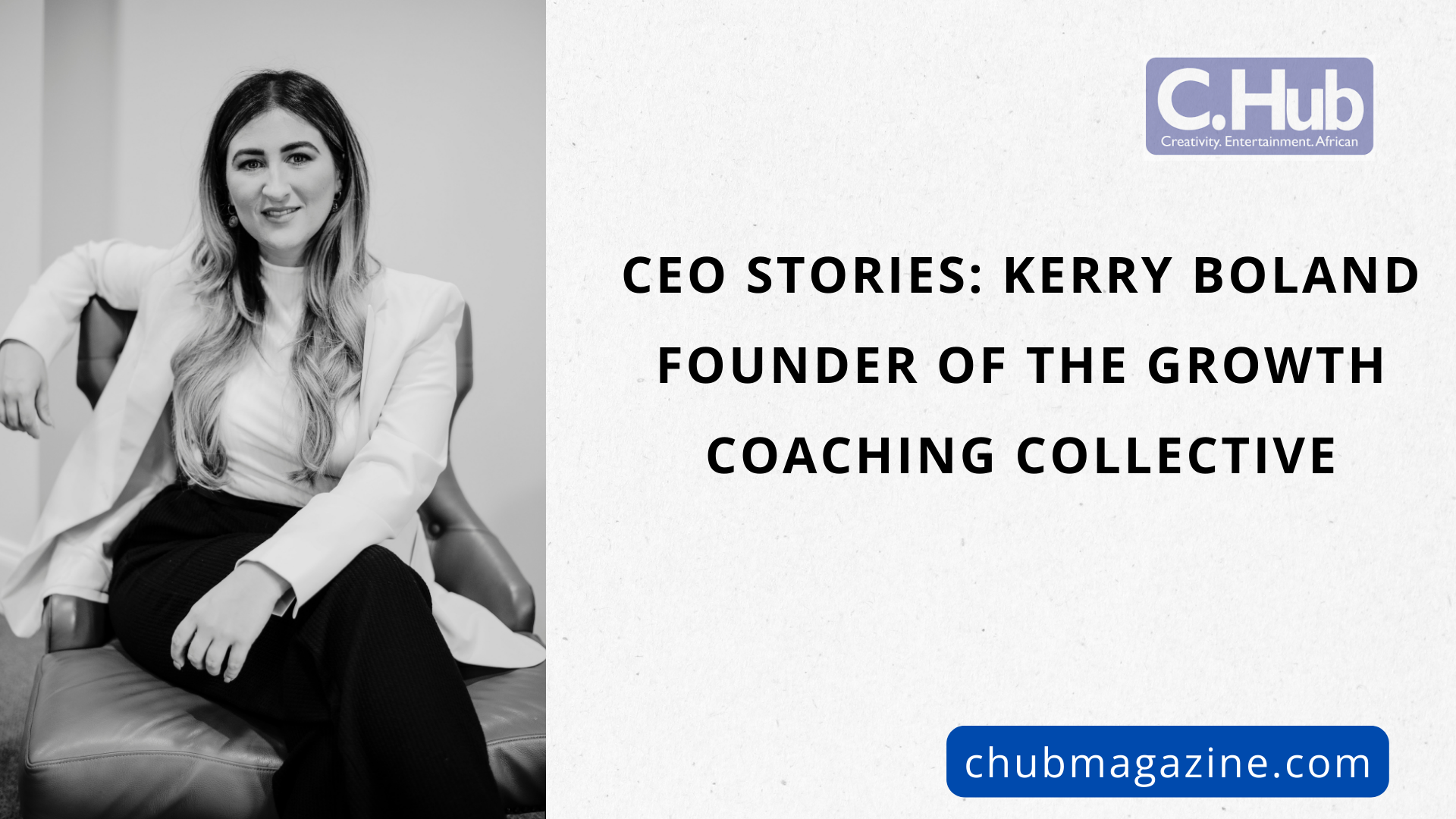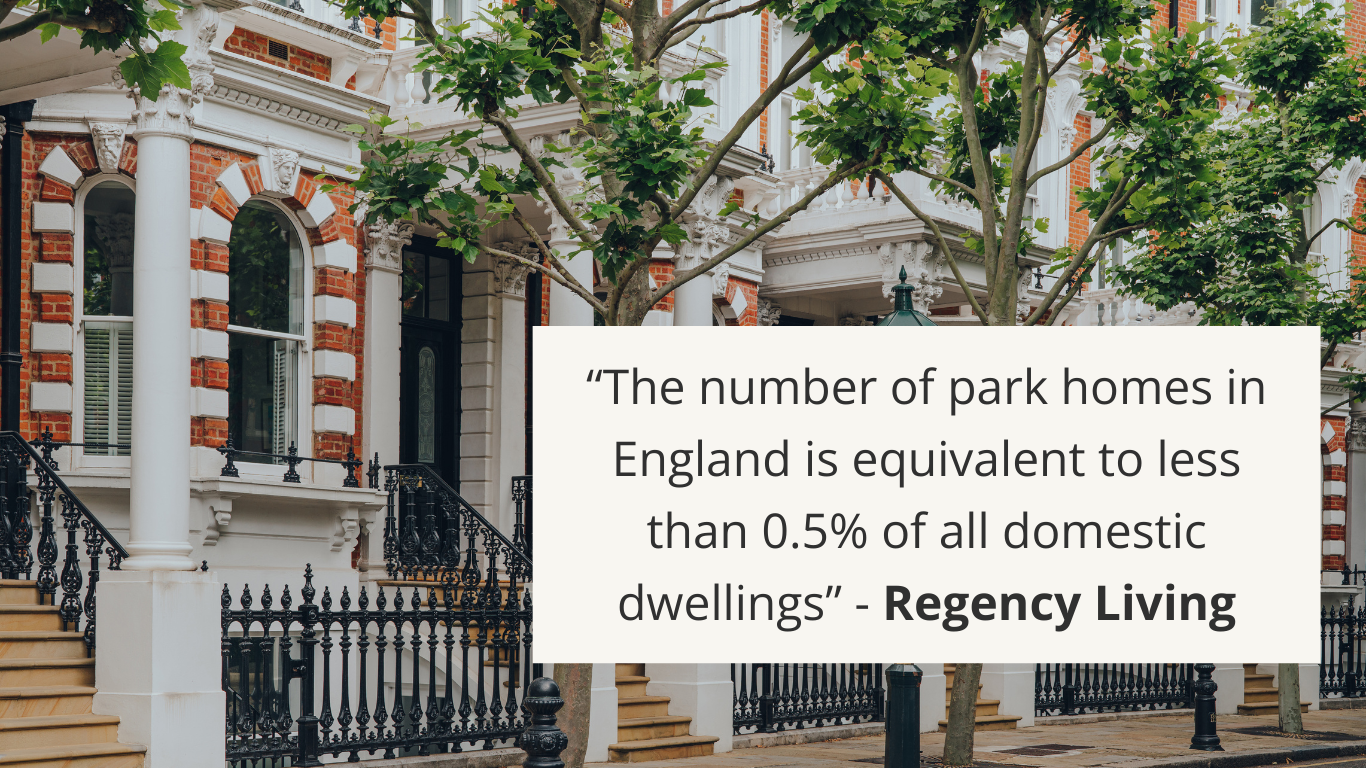Britain’s Andy Murray swept past home hope Sam Groth to reach the third round of the Australian Open.
The Scot, seeded number two, dismantled the Australian’s big serve to win 6-0 6-4 6-1 in one hour and 30 minutes.
Groth, 28, has the fastest serve ever recorded to his name at 163mph, but was broken in his first four service games as Murray totally dominated.
Murray, 28, moves into the last 32 where he will face Portugal’s Joao Sousa for the third time in four years.
Earlier, fellow Briton Johanna Konta beat China’s Zheng Saisai 6-2 6-3 to reach the third round in the women’s draw.
In their first singles meeting, Groth quickly discovered that his huge serve made barely a dent on the Murray return game.
After just 30 minutes Murray wrapped up a first set that was characterised by return winners and unplayable lobs from the Briton, and not one ace from the Australian.
Groth finally delivered his first ace after 36 minutes, only to drop serve again moments later, and there were 43 minutes on the clock when he finally got the scoreboard moving to trail 6-0 3-1.
There was a brief respite for the world number 67 as Murray’s level dropped long enough for him to be pegged back to 4-4, but another run of games – this time five in a row – saw the four-time finalist regain control.
Groth’s situation was so desperate that he challenged his own serve after sensing another Murray return heading his way, but it was overruled and he was broken for a seventh time.
With Murray serving for victory, the Australian then twisted his ankle reaching for a low ball and looked in real pain as the Scot sealed victory.
Andy Murray trumps Sam Groth in Australian Open
Related Posts
Tourism: sustainability is the trend of 2023, according to the latest data
This trend is reflected in the numbers according to the latest data of the Swg observatory released in March of this year. Four Italians out of five would be willing to experience sustainable tourism, thus preferring to stay in a certified environmentally-friendly structure at the same cost. As far as the environmental protection initiatives are concerned, almost 70% of the sample respondents are in favour of limited access and traffic restrictions and 73% would be ready to do without their cars and use public transport or ecological vehicles.
Read moreCOVID-19’s Legacy of Mental Health Problems – Therapist, Lee Hawker Weighs In.
Throughout the pandemic, we saw increasing numbers of people suffering from anxiety, depression, loneliness, and other mental health concerns. Addictive behaviours with social isolation and the loss of human connection resulting in some of the nation turning to alcohol and in some cases drugs as a coping mechanism were seen to be also on a sharp rise.
Read more















Comment